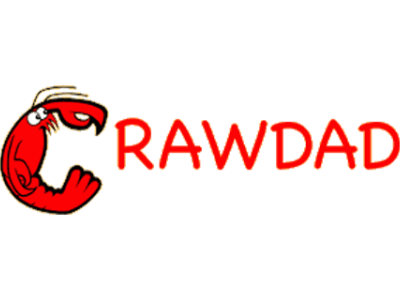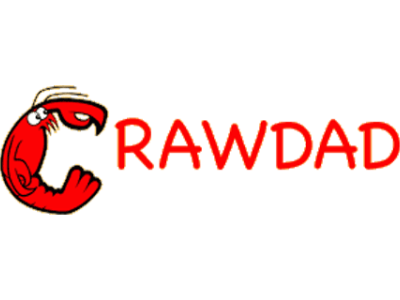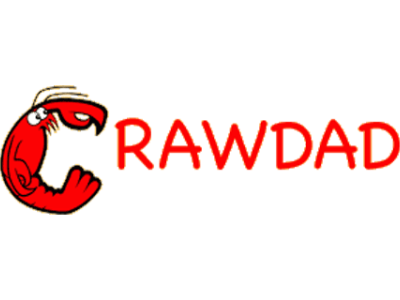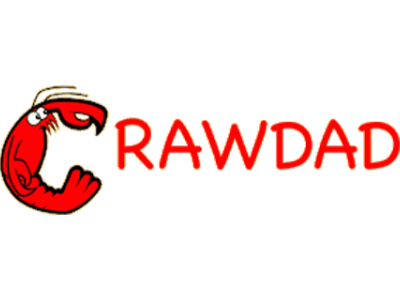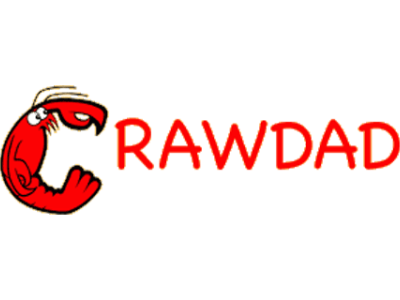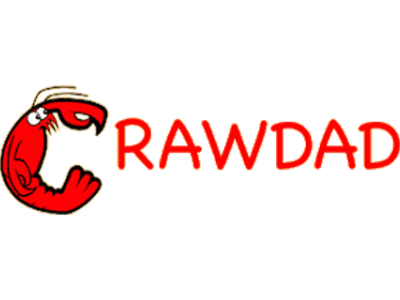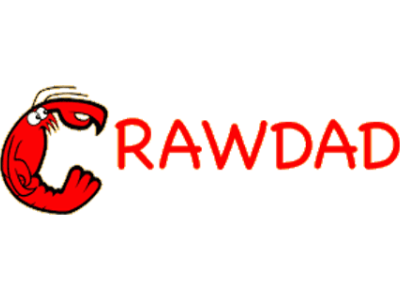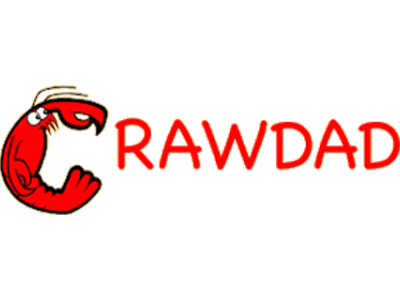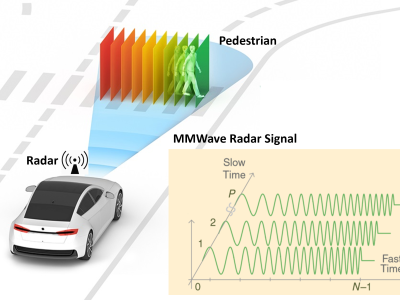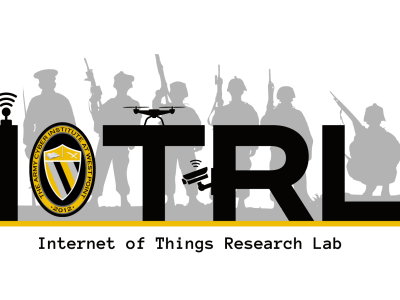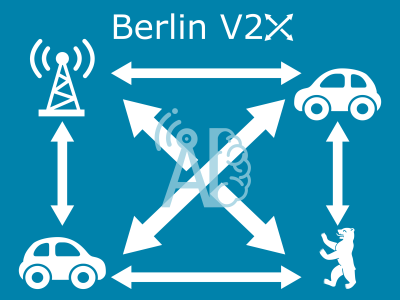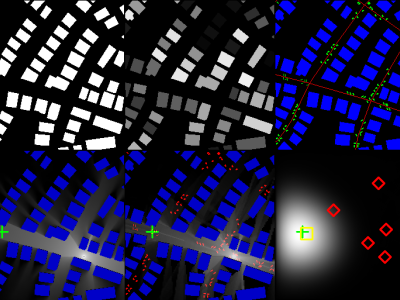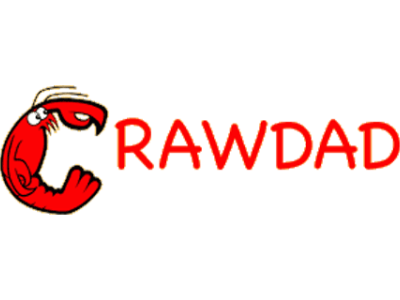CRAWDAD ucmerced/modes
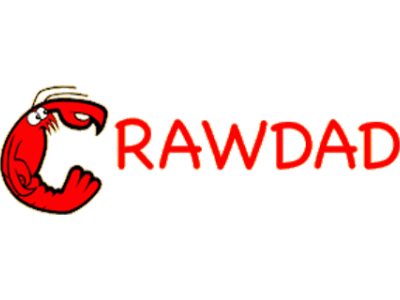
- Citation Author(s):
-
Hamid Rajabi
- Submitted by:
- CRAWDAD Team
- Last updated:
- DOI:
- 10.15783/08kw-7n74
- Data Format:
 332 views
332 views
- Categories:
Abstract
Room-level occupancy data for thermal and vibration sensing systems, along with their two late fusion schemes, to control HVAC systems.
This dataset contains time-series occupancy estimates under two scenarios of: 11 low occupancy days (with up to 2 occupants), and 3 high occupancy days (with up to 8 occupants), for four data schemes: - thermal sensor occupancy readings from the experimental room, - vibration sensor occupancy readings from the experimental room, - combination of thermal and vibration sources through a Data-driven Optimization-based Weighted Average (DOWA), - further and final improvement of the MODES occupancy estimate through the particle filter.
institution :
University of California Mercedversion :
2022-05-20Traceset
thermo-readings
- files: thermo-readings.zip
- description: The 14 days of measured time-series occupancy estimates by thermo sensor.
- tech description: This tracesset includes 14 days of time-series occupancy for both low (the first 11 columns), and high (the last 3 clolumns) occupancy scenarios.
- dataname: thermo-readings
- version: 2022-05-20
- date/time of measurement start: 2021-07-06
- date/time of measurement end: 2021-07-23
thermo-readings Traces
- thermo-readings.zip: undefined
- last modified: 2022-05-26
- dataname: thermo-readings.zip
- url: /download/ucmerced/modes/2022-05-20/thermo-readings/thermo-readings.zip
vibration-readings
- files: vibration-readings.zip
- description: The 14 days of measured time-series occupancy estimates by vibration sensor.
- tech description: This tracesset includes 14 days of time-series occupancy for both low (the first 11 columns), and high (the last 3 clolumns) occupancy scenarios.
- dataname: vibration-readings
- version: 2022-05-20
- date/time of measurement start: 2021-07-06
- date/time of measurement end: 2021-07-23
vibration-readings Traces
- vibration-readings.zip: undefined
- last modified: 2022-05-26
- dataname: vibration-readings.zip
- url: /download/ucmerced/modes/2022-05-20/vibration-readings/vibration-readings.zip
dowa
- files: dowa.zip
- description: The first level of late sensor fusion for thermo and vibration occupancy sensors
- tech description: This time-series occupancy data are obtained through a Data-driven Optimization-based Weighted Average (DOWA) process on thermal and vibration inputs for both low occupancy (the first 11 columns), and high occpancy (the last 3 columns) scenarios.
- dataname: dowa
- version: 2022-05-20
- date/time of measurement start: 2021-07-06
- date/time of measurement end: 2021-07-23
dowa Traces
- dowa.zip: undefined
- last modified: 2022-05-26
- dataname: dowa.zip
- url: /download/ucmerced/modes/2022-05-20/dowa/dowa.zip
modes
- files: modes.zip
- description: The final level of late sensor fusion to further improve the occupancy obtained by the DOWA.
- tech description: This time-series occupancy data are obtained through passing the DOWA's output into a Particle Filter for both low occupancy (the first 11 columns), and high occpancy (the last 3 columns) scenarios. These data are considered as the final and the most accurate occupancy estimate of the whole MODES system.
- dataname: modes
- version: 2022-05-20
- date/time of measurement start: 2021-07-06
- date/time of measurement end: 2021-07-23
modes Traces
- modes.zip: undefined
- last modified: 2022-05-26
- dataname: modes.zip
- url: /download/ucmerced/modes/2022-05-20/modes/modes.zip
Instructions:
The files in this directory are a CRAWDAD dataset hosted by IEEE DataPort.
About CRAWDAD: the Community Resource for Archiving Wireless Data At Dartmouth is a data resource for the research community interested in wireless networks and mobile computing.
CRAWDAD was founded at Dartmouth College in 2004, led by Tristan Henderson, David Kotz, and Chris McDonald. CRAWDAD datasets are hosted by IEEE DataPort as of November 2022.
Note: Please use the Data in an ethical and responsible way with the aim of doing no harm to any person or entity for the benefit of society at large. Please respect the privacy of any human subjects whose wireless-network activity is captured by the Data and comply with all applicable laws, including without limitation such applicable laws pertaining to the protection of personal information, security of data, and data breaches. Please do not apply, adapt or develop algorithms for the extraction of the true identity of users and other information of a personal nature, which might constitute personally identifiable information or protected health information under any such applicable laws. Do not publish or otherwise disclose to any other person or entity any information that constitutes personally identifiable information or protected health information under any such applicable laws derived from the Data through manual or automated techniques.
Please acknowledge the source of the Data in any publications or presentations reporting use of this Data.
Citation:
Hamid Rajabi, CRAWDAD dataset ucmerced/modes (v. 2022‑05‑20), https://doi.org/10.15783/08kw-7n74, May 2022.


